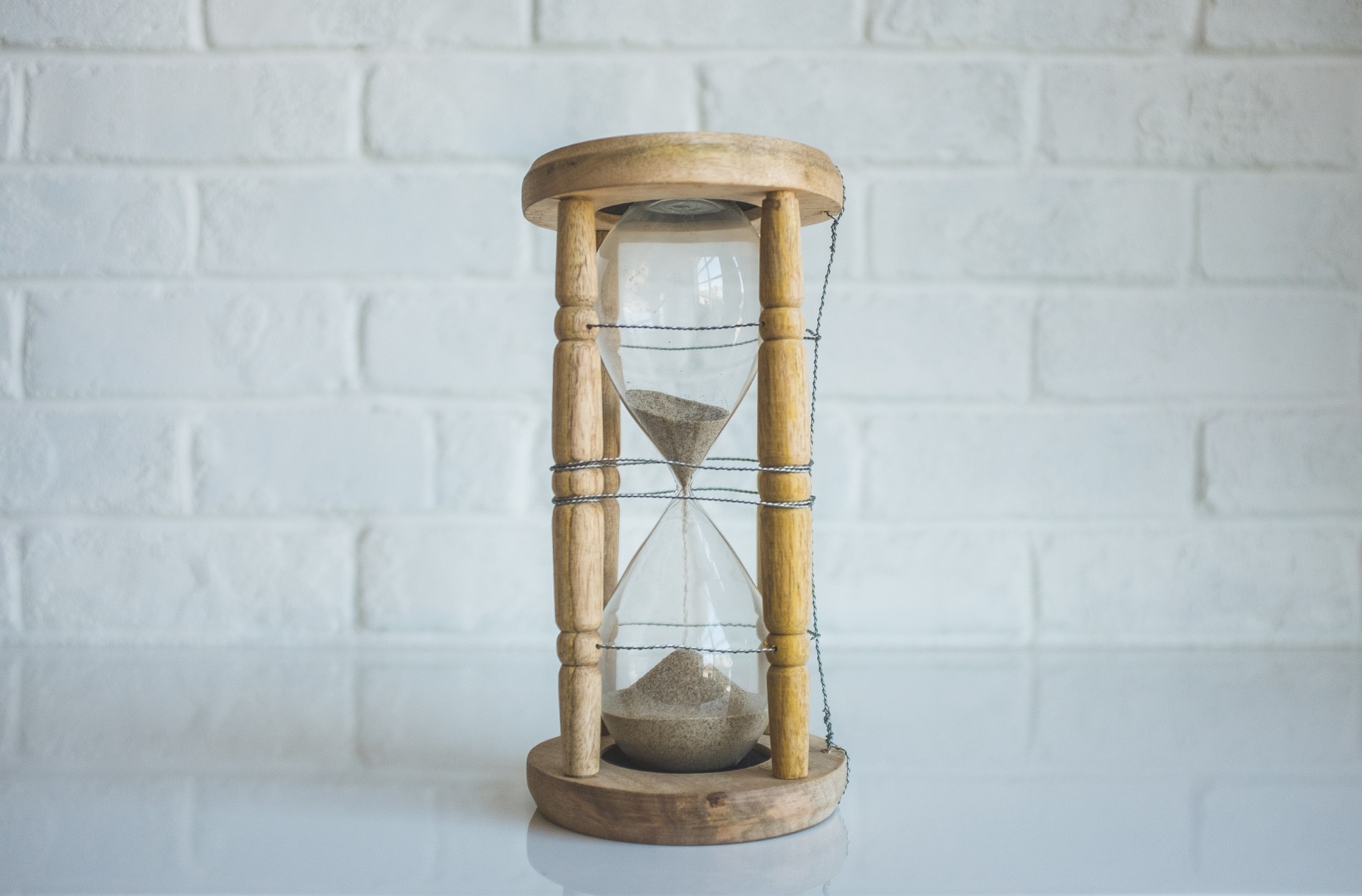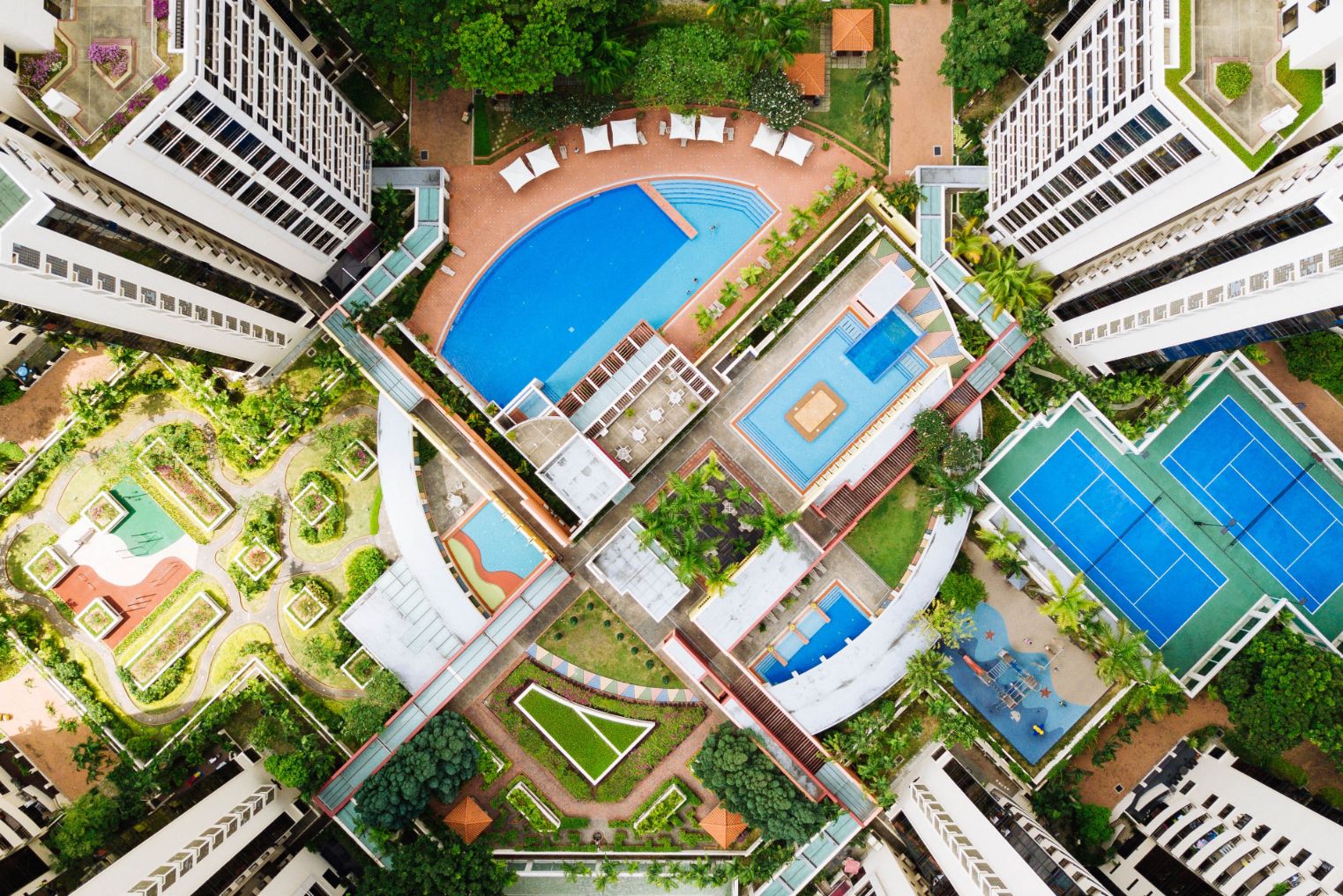99-year leasehold: What happens when the lease runs out?
October 27, 2017

99-year leasehold properties in Singapore have been the subject of intense debate this year. In June 2017, the first of its kind for residential properties in Singapore, 191 private terraced houses at Geylang will be returned to the State at the end of 2020.
Owners of the terrace houses at Lorong 3 Geylang were informed that they would need to vacate their properties and…
Posted by Yaacob Ibrahim on Monday, June 19, 2017
With the Government ceasing to offer freehold land parcels under the Government Land Sales (GLS) Programme, this will probably further strengthen the value of the remaining freehold property in Singapore.
So many readers write in because they're unsure what to do next, and don't know who to trust.
If this sounds familiar, we offer structured 1-to-1 consultations where we walk through your finances, goals, and market options objectively.
No obligation. Just clarity.
Learn more here.
So where does this leave 99-year leasehold property?
Upon the expiry of a 99-year leasehold property, the land ownership will be transferred back to the state. Just like the example of the private terraced houses in Geylang earlier this year.
As the lease starts to run down, owners do have the option of applying to top up the lease back to 99 years. So for example in the case of an ageing property like Sherwood Towers, which has 52 years left, owners can top up the remainder so that it reverts back to 99 years.

Property Investment InsightsFreehold vs Leasehold: Can You Really Prove Which Is Better? (Part 1)
by Sean GohThis is not a case of just being able to raise the money, but it is up to the Singapore Land Authority (SLA) whether the lease extension will be granted. In most cases, the land premium charged by the SLA will be too much for the existing owners to bear. As a result, the collective sale is usually the option taken by these owners.
For homeowners that want to cash out earlier, it may be harder for them to sell off their homes as the lease begins to run down. This is because buyers might find it difficult to secure a bank loan for properties that have less than 60 years’ lease remaining.
More from Stacked
HDB Owners Revealed This Reason As The Main Obstacle To Upgrading In 2024. Shocking? Not Quite.
Along with people who don’t like money, or a cai png stall with consistent pricing, this is right up there…
In addition, there are also added restrictions to using CPF savings to finance the purchases of properties that are older. This means that the number of potential buyers for these properties will be limited. So for private property with a lease of less than 60 years remaining, here are the following rules:
- No CPF can be used if the remaining lease of a property is less than 30 years
- A property owner is eligible to use his CPF for the property if his age plus the remaining lease of the property is at least 80 years
- The maximum amount of CPF that can be used is capped at a percentage of the lowest of the purchase price or the value of the property at the time of purchase. The percentage is computed based on the remaining lease of the property when the youngest eligible member using CPF reaches age 55.
If you like to view more information about this you can do so here. If you want to calculate your eligibility and maximum CPF usage you can do so through this CPF calculator.
At Stacked, we like to look beyond the headlines and surface-level numbers, and focus on how things play out in the real world.
If you’d like to discuss how this applies to your own circumstances, you can reach out for a one-to-one consultation here.
And if you simply have a question or want to share a thought, feel free to write to us at stories@stackedhomes.com — we read every message.
Frequently asked questions
What happens when a 99-year leasehold property in Singapore expires?
Can owners extend the lease of a 99-year leasehold property in Singapore?
Why is it harder to sell properties with less than 60 years remaining on the lease?
Are there restrictions on using CPF savings to buy older properties in Singapore?
How does the remaining lease affect CPF usage for property purchase in Singapore?
Stanley Goh
Stanley loves crunching numbers in excel and analysing them. Naturally, he helps Stacked Homes generate articles based on his analysis as much as he can. When he's not using Excel, he enjoys watching movies and eating chocolates.Need help with a property decision?
Speak to our team →Read next from Property Market Commentary

Property Market Commentary How I’d Invest $12 Million On Property If I Won The 2026 Toto Hongbao Draw

Property Market Commentary We Review 7 Of The June 2026 BTO Launch Sites – Which Is The Best Option For You?

Property Market Commentary Why Some Old HDB Flats Hold Value Longer Than Others

Property Market Commentary We Analysed HDB Price Growth — Here’s When Lease Decay Actually Hits (By Estate)
Latest Posts

Pro This 130-Unit Boutique Condo Launched At A Premium — Here’s What 8 Years Revealed About The Winners And Losers

Singapore Property News New Lentor Condo Could Start From $2,700 PSF After Record Land Bid

On The Market A Rare Freehold Conserved Terrace In Cairnhill Is Up For Sale At $16M






































0 Comments